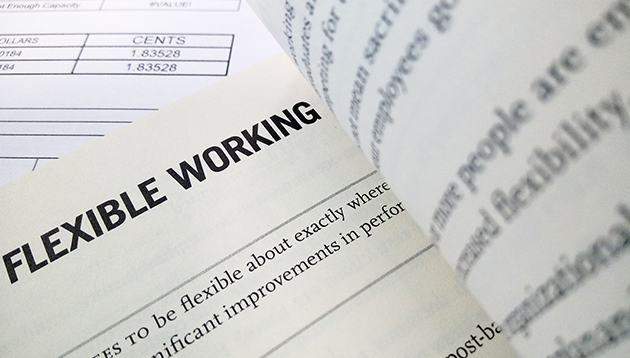Over the last few years, the workplace culture has become more flexible, which is highly attributed to the enhancement in technology. In most of the developed economies, flexibility has been playing a major role in how most of the workplaces operate. There is stated to be an increase in workplace adaptability by 8-13% by the year 2030. Hong Kong has already started implementing the concept to most of the corporate offices, thus creating an amazing opportunity for the employees, both the entry-level and top-level executives.
As defined by experts, workplace flexibility is the ability of an employee to work that suits their personal preference. Be it the working hours or the location, there is no limit to any of it. The amount of time spent sitting at a desk has been reduced significantly. According to experts, the advantages of this are many. Not only does it promote good health but has also seen improved productivity. With more personal time for executives, productivity will be at its peak which is essential in boosting the overall economic situation of a country
Hong Kong’s gross value added from flexible working is anticipated to have an 88.6% increase annually, at about HK$459 billion. The overall economic boost to Hong Kong by the year 2030 by implementing such a concept is expected to be HK$10.9 trillion.
Various studies were conducted and nine out of ten executives and top-level managers have revealed that most employees, including themselves, have increased productivity in flexible workspaces. Executives have also stated that the stress of any job reduces by half when working in a flexible environment.
The flexible workspace also cuts down commutation costs, with Hong Kong aiming to save five million hours per annum. This can further allow the officials to cut down carbon emission by 0.1 million tons every year.
More and more offices in Hong Kong are offering workplace flexibility to the employees, both at entry and executive levels. More and more developed economies like China, France, Germany, Australia and Japan are implementing the concept of the flexible workplace in the existing culture.
Source: www.humanresourcesonline.net
Image Source: www.humanresourcesonline.net


